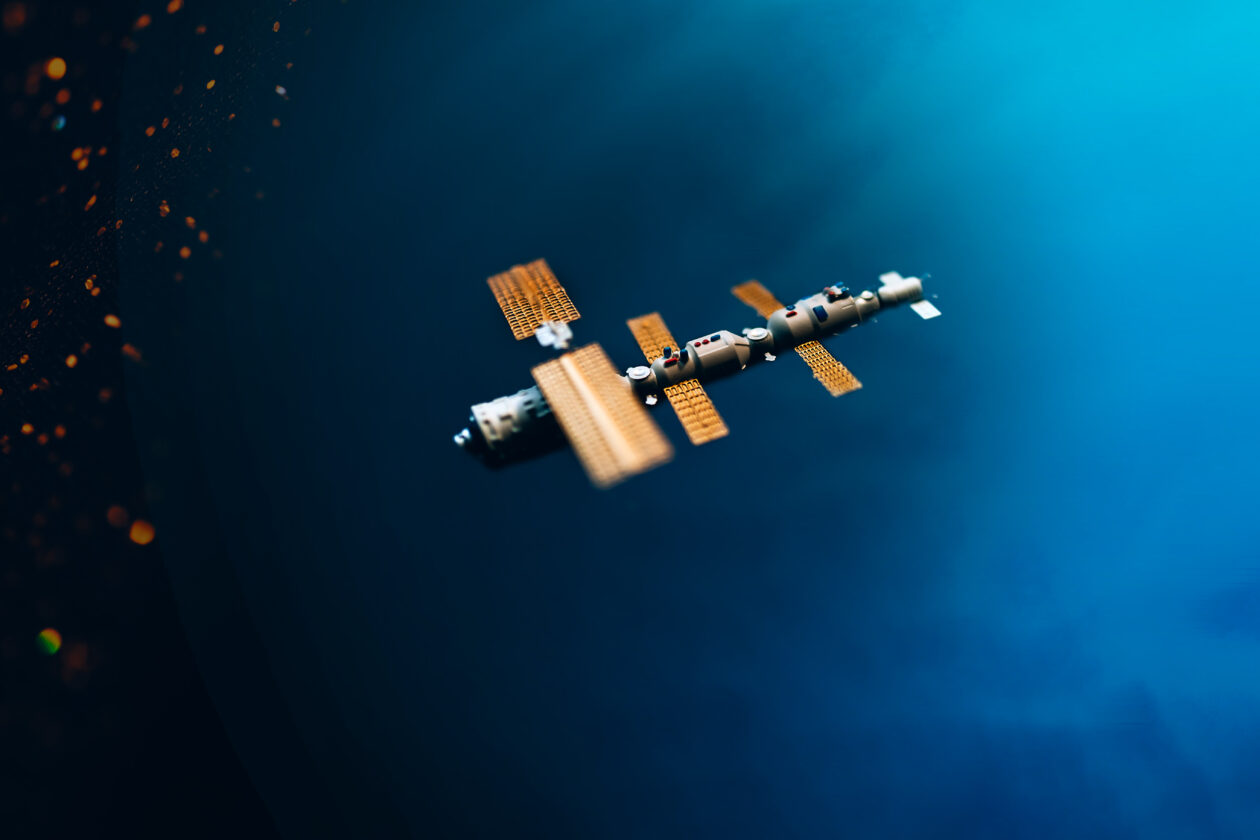Filecoin Foundation will be deploying the InterPlanetary File System (IPFS) in space this year aboard Lockheed Martin’s LM 400 Technology Demonstrator spacecraft to demonstrate how the distributed system can speed up communications across long distances in space.
Data from space will be “content-addressed” via IPFS, which will then be processed and sent back to Earth, where it will be processed again before being sent out to the IPFS network.
“Anyone can download and use that sensor data that came from space,” Marta Belcher, president of the Filecoin Foundation told Forkast Editor-in-Chief Angie Lau in an interview at the World Economic Forum Annual Meeting, Davos.
IPFS is a decentralized blockchain network for storing and accessing data, such as websites and applications. It powers the distributed storage network, Filecoin.
“With IPFS, we retrieve content by what it is rather than by where it is, so it can retrieve it from whatever’s closest. If there’s a satellite going by, if you’re on a lunar station and it’s already been downloaded, it will come from there,” said Belcher.
See related article: SpaceChain’s Zee Zheng on bitcoin going mainstream and blockchain in space
The IPFS network aims to minimize delay through a “content addressing” structure to request data, rather than a location-based structure like URL addresses of the Hypertext Transfer Protocol Secure (HTTPS), which powers most websites online today.
According to Belcher, today’s internet model wouldn’t work in space due to the delays incurred from retrieving data from central servers.
“If you have to go back and forth from Earth every time you retrieve data, if you’re on the moon, that’s a multi-second delay. If you’re on Mars, that’s a multi-minute delay,” Belcher said. “Every time you retrieve data, it has to take that exact same path.”
Last May, during the World Economic Forum Annual Meeting, defense contractor Lockheed Martin and the Filecoin Foundation announced a partnership to kickstart initial efforts to launch IPFS into space.
“The LM 400 Tech Demonstrator mission will showcase how IPFS can make larger quantities of data from space available to multiple ground-based applications in simpler ways,” Joe Landon, vice president and general manager of lunar infrastructure services at Lockheed Martin, said in a statement on Tuesday.
The LM 400 Technology Demonstrator is scheduled to launch in early 2023, according to Lockheed Martin’s website.

